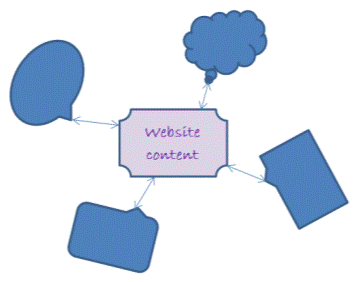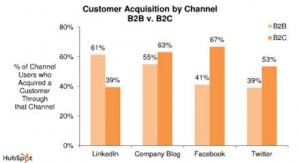Blog post linking
In a recent blog post, Anna Cairo stated that many links to other blogs can theoretically make your blog successful – rather than just the blog itself.
 So how does linking to other blogs help your blog?
So how does linking to other blogs help your blog?
- you provide additional information for your readers which they will appreciate – especially if you link to someone who gives a different perspective or technical input to your blog
- you can support your opinions and knowledge with other posts to build your credibility
- search engines give you credit for outgoing links when assessing your blog’s ranking so linking to others, especially other good blogs and posts, is good for your SEO
- the people you link to will probably appreciate your links. Many of them will leave a comment in your blog or return the favour by linking to your blog
- others’ blog posts can inspire ideas for your own post so why not link back to the post that inspired you? Either as a courtesy or as a means of introducing the issue you are posting about (i.e. it saves you writing out a detailed background for your post)
- your blog is more interesting if it has variety and links off to relevant materials, whether on your site or elsewhere – and people are more likely to share interesting posts and blogs than boring ones!
So when is the last time you linked to another blog within one of your blog posts?












Recent Comments